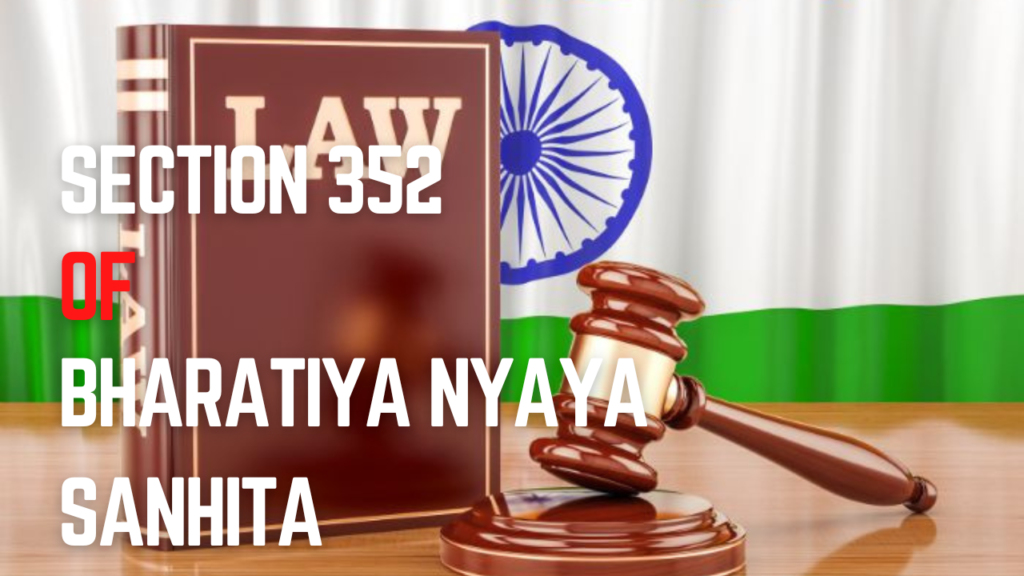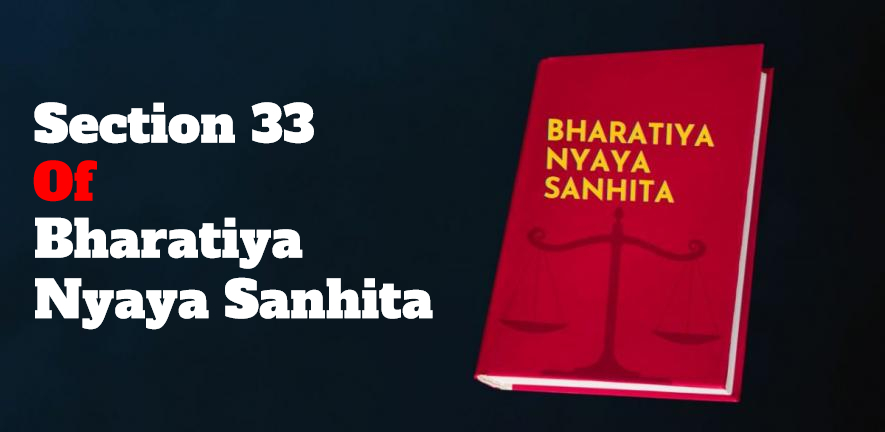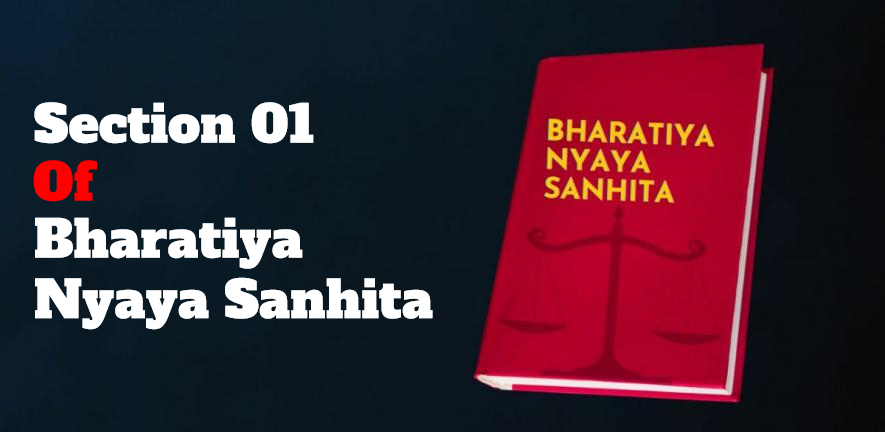Definition of Section 352 Of Bharatiya Nyaya Sanhita (BNS)
Section 352 of the Bharatiya Nyaya Sanhita (BNS), 2023, titled “Intentional insult with intent to provoke breach of peace,” outlines legal provisions under Section 352 BNS. It states:
“Whoever intentionally insults in any manner and thereby gives provocation to any person, intending or knowing it to be likely that such provocation will cause him to break the public peace or to commit any other offense, shall be punished with imprisonment of either description for a term which may extend to two years, or with a fine, or with both.”
The offense of intentional insult with intent to provoke a breach of peace under Bharatiya Nyaya Sanhita Section 352 is now mandatorily to be tried summarily by Magistrates, as per Section 283(1)(v) of the Bharatiya Nyaya Sanhita and Shodhan Adhiniyam (BNSS). Previously, under Section 260 of the Code of Criminal Procedure, it was summarily triable by Magistrates at their discretion.
What are the key differences between Section 352 of BNS and the Indian Penal Code
The key differences between Section 352 BNS and its corresponding provision in the Indian Penal Code (IPC) primarily revolve around the definitions, punishments, and procedural aspects.
Comparison of Section 352 BNS and IPC
- Definition of Offence:
- BNS: Section 352 of the BNS addresses “Intentional insult with intent to provoke breach of peace,” focusing specifically on the act of insulting someone with the intention of provoking a breach of public peace.
- IPC: The IPC does not have a direct equivalent to this specific provision but encompasses similar concepts under broader sections dealing with assault and criminal force.
- Punishment:
- BNS: The punishment for the offense under Section 352 can extend to two years of imprisonment, or a fine, or both. This reflects a more streamlined approach to addressing public order offenses.
- IPC: The IPC has varied punishments for related offenses, which can include more severe penalties depending on the context of the insult or provocation, such as under Section 504 (Intentional insult with intent to provoke breach of the peace), which prescribes a punishment of up to two years or a fine.
- Trial Process:
- BNS: Offenses under Bharatiya Nyaya Sanhita Section 352 are mandated to be tried summarily by Magistrates, which can expedite the legal process.
- IPC: Under the IPC, the trial process can vary significantly depending on the nature of the offense and the discretion of the courts.
- Legal Framework:
- BNS: Introduced as part of a comprehensive reform of criminal law, the BNS aims to modernize and simplify legal provisions, making them more accessible and straightforward.
- IPC: Established in 1860, the IPC has been subject to numerous amendments but retains many archaic elements that may complicate legal interpretation and enforcement.
Section 352 of the Bharatiya Nyaya Sanhita (BNS) and Section 352 of the Indian Penal Code (IPC) address different aspects of assault and related offenses, reflecting significant differences in their definitions and legal implications.
How does Section 352 of BNS address the issue of assault compared to Section 352 of IPC
Section 352 of the Bharatiya Nyaya Sanhita (BNS) and Section 352 of the Indian Penal Code (IPC) address different aspects of assault and related offenses, reflecting significant differences in their definitions and legal implications.
Key Differences
- Definition of Assault:
- BNS: Section 352 of the BNS focuses on “intentional insult with intent to provoke breach of peace.” It criminalizes acts of insult intended to provoke someone to breach the peace or commit another offense. This section does not directly address physical assault but rather the provocation leading to potential public disorder.
- IPC: Section 352 of the IPC defines assault as the act of using criminal force against another person without grave provocation. It emphasizes the physical aspect of assault, where the focus is on the actual use of force or the threat thereof against another individual.
- Nature of Offense:
- BNS: The offense under Section 352 BNS is primarily about verbal provocation rather than physical assault. It deals with insults that could lead to a breach of peace, making it more about maintaining public order than about personal injury.
- IPC: The IPC’s Section 352 pertains to physical aggression, where the act must be committed without grave provocation. This section recognizes the need to establish whether the assault was justified due to provocation that could lead to a loss of self-control.
- Punishment:
- BNS: The punishment for the offense under Bharatiya Nyaya Sanhita Section 352 can extend to two years of imprisonment, a fine, or both. This reflects a more streamlined approach to dealing with public order offenses.
- IPC: The IPC also prescribes a punishment of up to two years or a fine for assault under Section 352, but the context of the assault (i.e., whether it was provoked) can influence the severity of the punishment.
- Trial Process:
- BNS: Offenses under Section 352 of the BNS are mandated to be tried summarily, which can expedite the legal process and provide quicker resolutions to cases involving public order violations.
- IPC: The IPC allows for a more varied trial process depending on the circumstances of the case, which may not always guarantee a swift resolution.
Conclusion
In summary, Section 352 of the BNS is primarily concerned with verbal provocation and maintaining public peace, while Section 352 of the IPC deals with physical assault. The differences in definitions, nature of offenses, punishments, and trial processes reflect the BNS’s aim to modernize and simplify legal provisions in response to contemporary societal needs.
For further information on related legal provisions, you may also explore Section 305 BNS to understand its implications within the Bharatiya Nyaya Sanhita framework.

Adv Ashish Sharma has dedicated his career to helping individuals and businesses navigate the intricate legal landscape with confidence. From providing expert advice on current legal issues to offering clear explanations of legal principles, he strives to empower his audience with knowledge and understanding.


